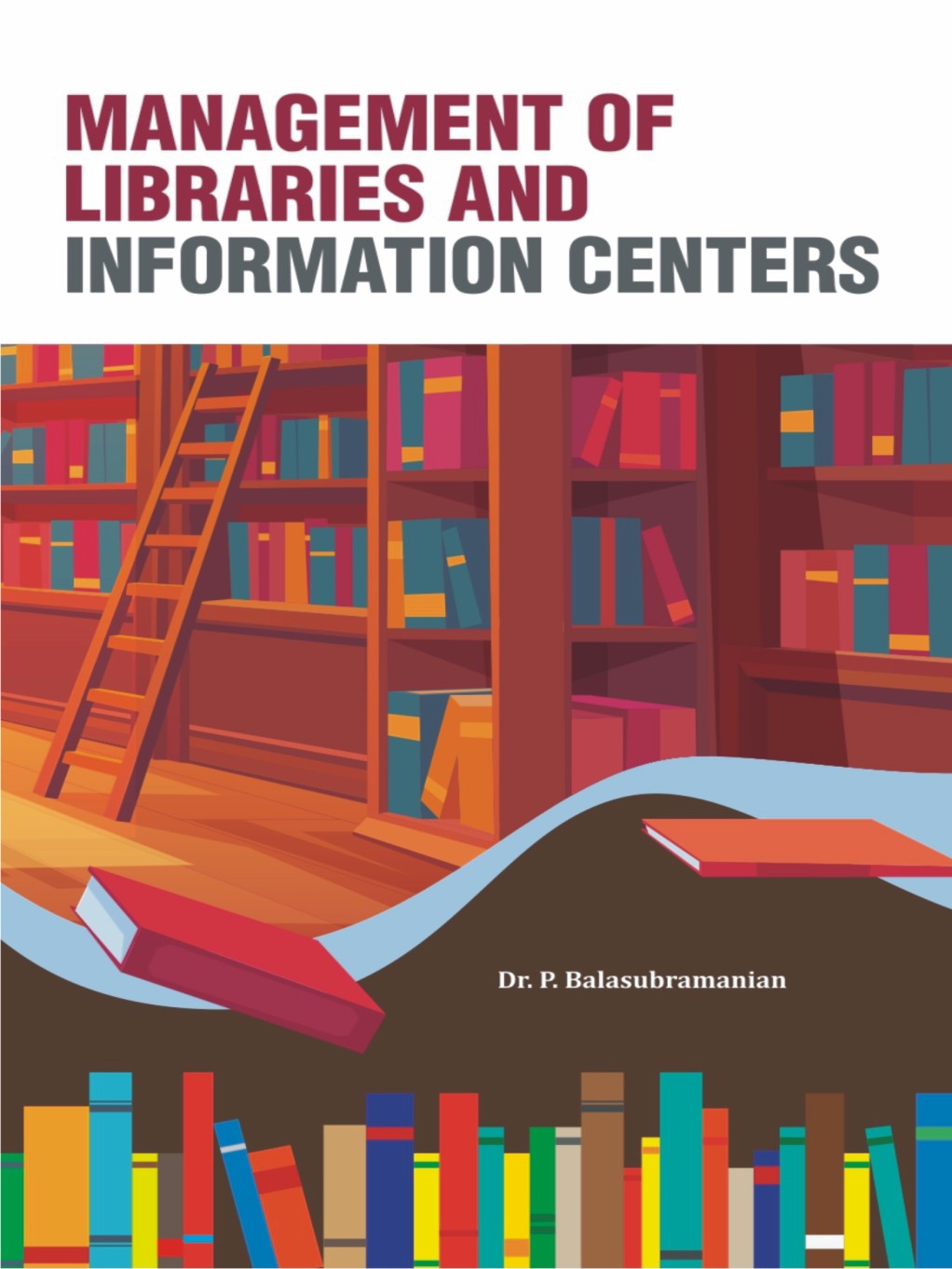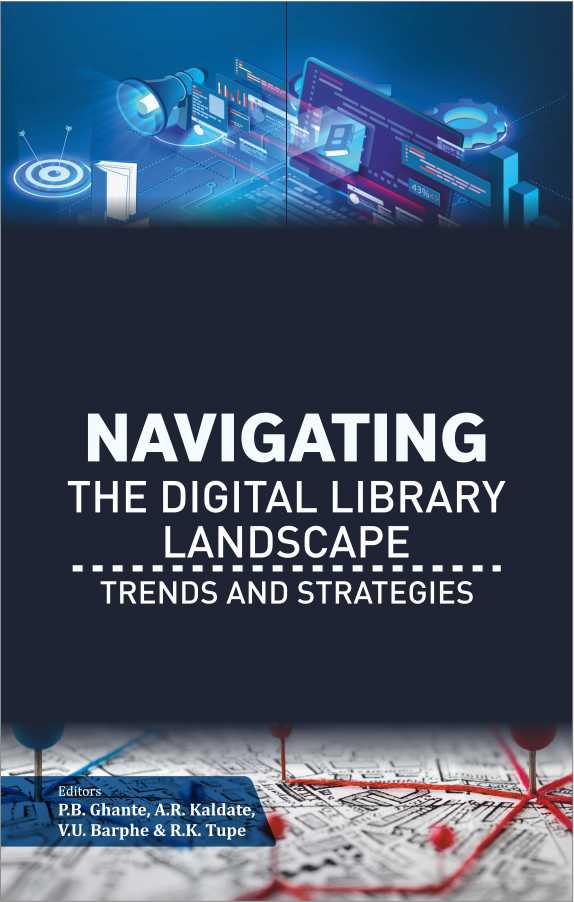â??Libraryâ?? imposes upon itself a lot of definitions, meanings, connotations made by professionals, experts in library science, organizations and so on. There is a good scope of misinterpretation in determining the definition of a library, this is due to establishment of many so-called public libraries in India and abroad by voluntary organizations, philanthropists etc. during the eighteenth and nineteenth century which were open to public irrespective of class, creed, sex, educational attainment etc.
Hence, for a library system, the elements are libraries at different levels with their branches and service units. These should be interlinked so as to form an integrated system or network of services. â??Such a library system can be compared with a large irrigation system. It needs a hand-work with a costly dam and a large number of distributaries through which water can reach every bit of land.â?�
Now-a-days, the informational role of the library is being highlighted. In fact, in broad sense, it may be said that, the role of library is informational. But it is of two-fold: One is, to provide information, expressed or unexpressed to a person and another is to provide him with the information which is essential for his/her progress in life in terms of business, social awareness and on the whole, achievement of the qualifications which endow him/her as a member of the human community of the world.
From whatever angle, the libraries can be defined and its purpose be stated, all these endow public libraries with a social character. Libraries extend services to all the members of a society. Libraries are social institutions in all senses. A library is to deal constantly with current social problems. Due to this social role of libraries, library system should be a social system and should embrace each and all spheres of human activity. This implies that library law is social law and therefore, must manifest all characteristics of a social law.
Â




